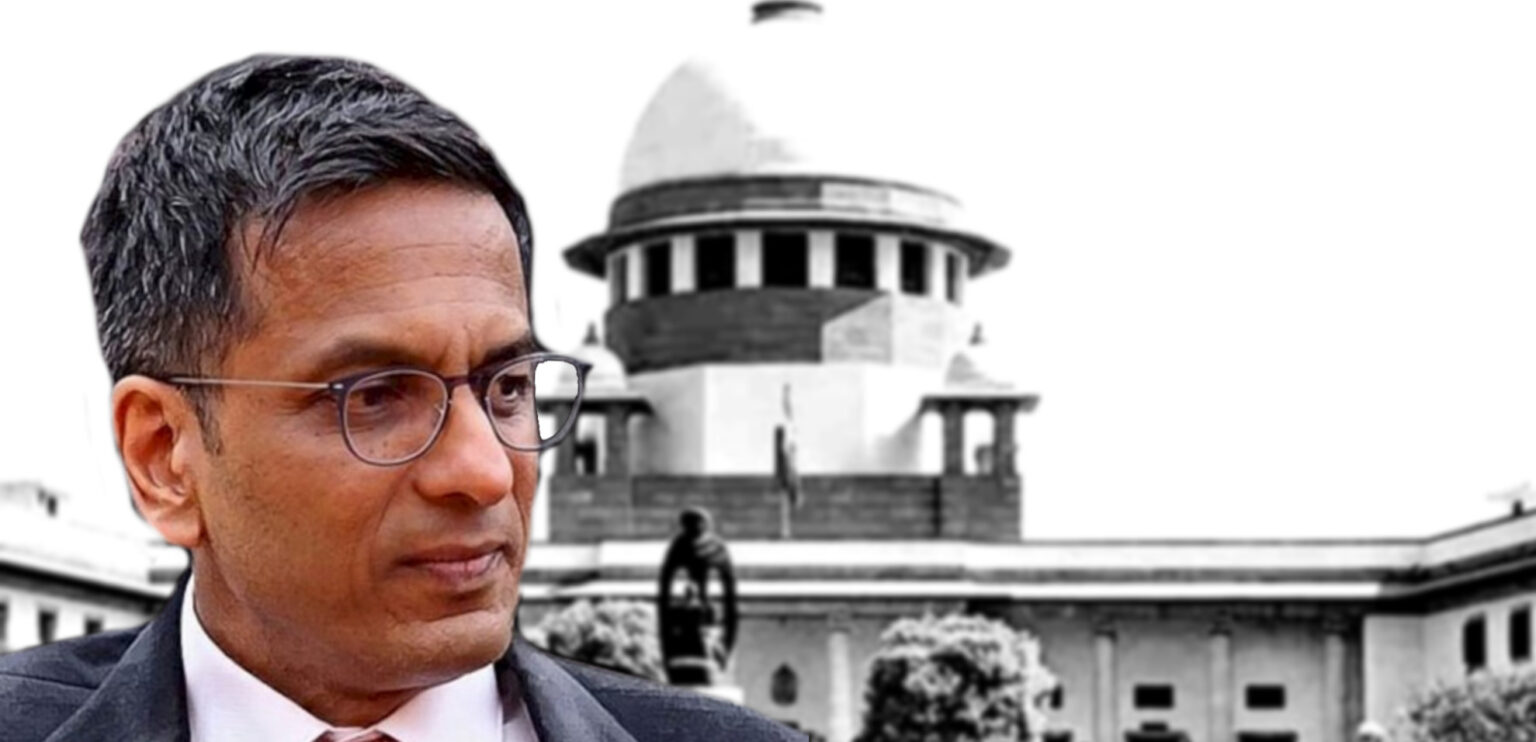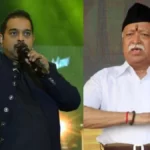Chief Justice of India D Y Chandrachud delivered a keynote address at the Sixth International Conference on the Unfinished Legacy of Dr. B.R. Ambedkar’ at the Brandeis University, Waltham, Massachusetts, on Sunday, where he highlighted the role of the legal system in perpetuating historical wrongs against marginalised social groups and the need for constitutional reforms to address them.
In his address titled Reformation Beyond Representation: The Social Life of the Constitution in Remedying Historical Wrongs’, Chandrachud said that throughout history, marginalised social groups have been subjected to horrendous, egregious wrongs, often stemming from prejudice, discrimination and unequal power dynamics.
He cited examples of such injustices, such as the trans-atlantic slave trade that forcibly uprooted millions of Africans, the Native American displacement, caste inequalities in India affecting millions of backward castes, the oppression of indigenous Adivasi communities in India, systemic oppression of women, LGBTQI individuals and other minority communities.
He said that unfortunately, the legal system has often played a pivotal role in perpetuating historical wrongs against marginalised social groups. He added that the legal framework has frequently been weaponised to systematically oppress and marginalise certain communities by maintaining existing power structures and institutionalising discrimination.
He noted that even when such laws have been eventually overturned or repealed, the legacy of their harms can persist for generations, underscoring the complex and enduring relationship between law and historical wrongs committed against marginalised groups.
He said that these historical wrongs perpetuate injustice by creating a social system, where the marginalised communities are not allowed to rise above their oppression.
It creates a kind of self-perpetuating inequalities and hierarchal structure of society, which leads to the normalisation of injustice towards certain groups. This normalisation can creep up to the instances where the alienation of these communities makes them the ‘other’ in society. Otherness can then create a rift of violence and exclusion of these communities as well, he said.
He said that Dr. Ambedkar envisioned a constitution that would not only guarantee formal equality but also substantive equality by providing affirmative action measures for the disadvantaged groups.
He also said that affirmative action is not a charity or a favour but a recognition of historical injustices and a means to correct them. Affirmative actions are also necessary to ensure diversity and inclusion in various spheres of society, he adds.
However, diversity alone is not sufficient to achieve justice. Diversity must be accompanied by reforms in the legal system to ensure accountability, transparency and responsiveness, he further adds.
The address was concluded by quoting Dr. Ambedkar’s words: “Constitutional morality is not a natural sentiment. It has to be cultivated. We must realise that our people have yet to learn it.”
The 2023 edition of the conference focused on ‘Law, Caste, and The Pursuit of Justice’ and was presented by The Center for Global Development and Sustainability at the Heller School for Social Policy and Management at Brandeis University.
Read more news like this









